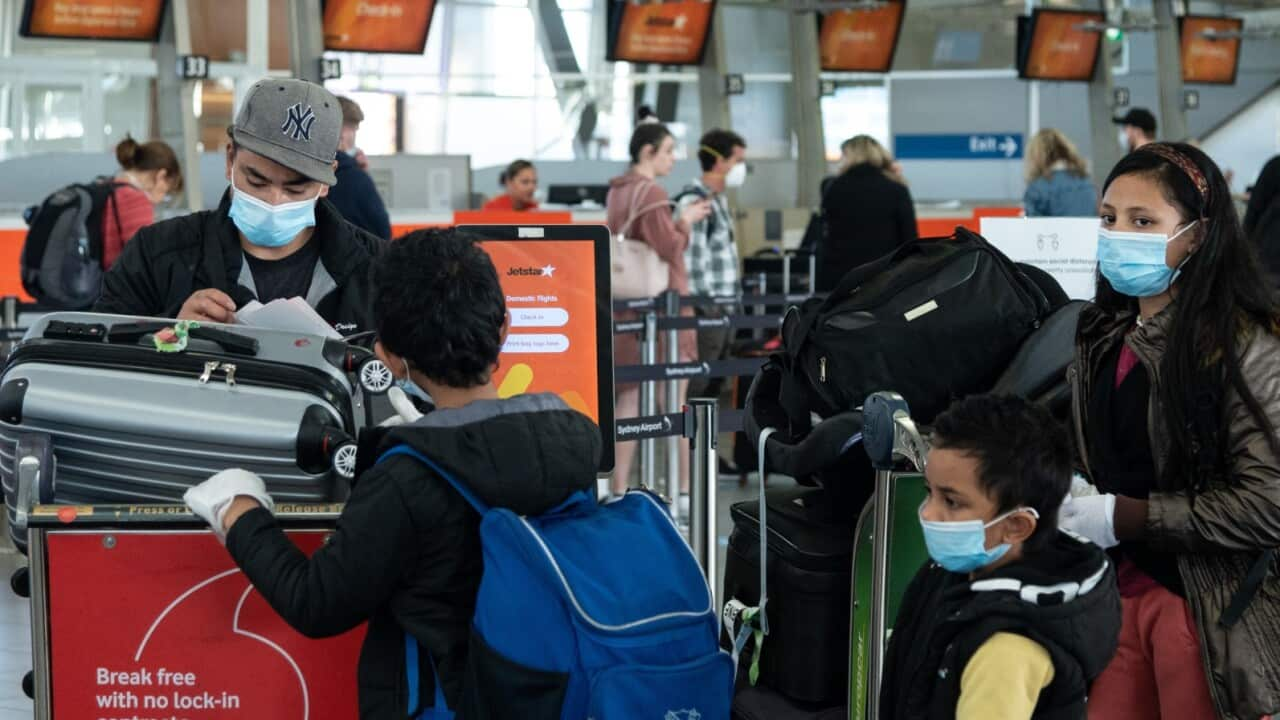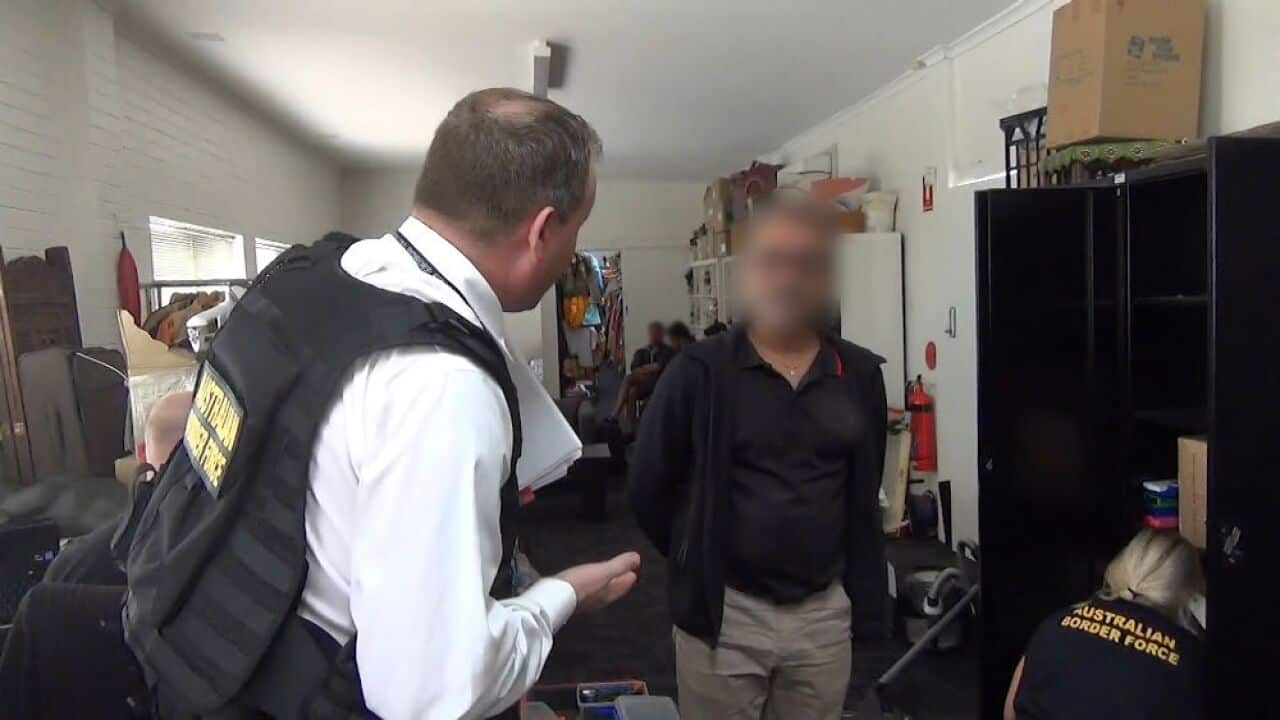Highlights
- Delhi Customs catches nearly 4 kg MDMA or ‘ecstasy’ in Australia-bound cargo of women’s traditional dresses
- Street price of drugs estimated to exceed $300,000
- Penalty up to $525,000 or 10 years in jail or both for importing prohibited goods into Australia
Apprehending a consignment of lehengas (traditional long skirts worn by Indian women) bound for Australia, the Air Cargo Complex Commissionerate at the Foreign Post Office in New Delhi found 3,920 gm of drugs concealed within their embroidered layers.
According to Delhi Customs, the street price of the drugs is estimated at INR 1.7 crore, the Australian equivalent of nearly $302,223.
Customs officials at New Delhi acted upon a tip-off regarding this shipment of seven intricately embroidered lehengas. The drug has been identified as MDMA, commonly known as ‘ecstasy’ and is also said to be a party drug.
Evident from the pictures, Delhi Customs tweeted that the drug was hidden under the gota embroidery of the lehengas. Gota is the traditional metallic lacework which originates in the northern Indian state of Rajasthan.
Chemically similar to stimulants and hallucinogens, MDMA is a synthetic drug that can lead to liver, kidney and heart failure or even death.
According to healthdirect.gov.au, MDMA or ‘ecstasy’ is an illicit drug which can give users a euphoric rush after swallowing it. It has a reputation as a ‘happy pill’, but MDMA has dangerous side effects.
Cargo shipments bound for Australia from anywhere in the world have to undergo very strict screening due to the watertight local customs laws.
Drugs and narcotics are prohibited from entering Australia. Penalties for importing prohibited items into Australia are exceptionally high.
According to the Australian Border Force website, import or export of prohibited goods without the relevant written permission or licence can lead to seizing of goods and penalties of up to $525,000 or 10 years imprisonment, or both.

Ashish Vohra is a Melbourne-based businessman who owns Excel Worldwide Logistics, a courier company that specialises in import and export of consignments between Australia and India.
Commenting on this drug haul from an Australia-bound shipment, he says that even if the Indian Customs had missed it, it would have certainly been caught upon arrival in Australia.
“In India, a G-Card holder, who is a qualified customs clearing agent, has to get the shipment manually cleared at the local Customs office. Due to Australia’s stringent biosecurity laws, shipments destined for here are often put through additional screening at the source,” Mr Vohra says.
Explaining the strict inspection process of incoming consignments in Australia, Mr Vohra says that every container is screened by an X-Ray machine, followed by another screening by the Australian Quarantine Inspection Service.
“It is up to Indian Customs if they wish to report the apprehended consignee's name to Australian Customs. But it is next to impossible to dodge the system once the goods enter Australian territory.” he asserts.
Listen to SBS Punjabi Monday to Friday at 9 pm. Follow us on Facebook and Twitter.



